
Digitalization is now a realistic goal for the finance function because of a range of technological advances. These include the widespread availability of business data; teams’ ability to process large sets of data using now-accessible algorithms and analytic methods; and improvements in connectivity tools and platforms, such as cloud computing.

98%
of CFOs say their job has changed in the past 5 years
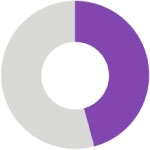
46%
of finance professionals are facing increased demand to provide overall business counsel
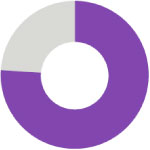
76%
of financial decision-makers drive digital transformation in their business
It is the responsibility of CFOs and their teams to be the gatekeepers for the critical data required to generate forecasts and support the CEO’s strategic plans and decisions — among them, customer demand, order fulfillment, supply chains, and cash flow, as well as real-time industry and market statistics.
There is more and more demand for real-time data and digitalization of the finance function. CFOs are increasingly being called upon to provide strategic business counsel. They can’t afford to be focused on the traditional role of simply running the day-to-day business accounts. Competitors who are more innovative and disruptive in their approach will steal a march on companies who fail to adapt to the times.
What are the driving factors that have transformed the role of the finance professional in the past 5 years?
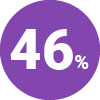
46% -Increased demand to provide overall business counsel
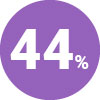
44% – The availability of real-time data
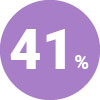
41% – Compliance requirements and government regulations

39% – Overall digitalization of the industry
Today’s CFOs are being asked to be the drivers of change. They are the ones responsible for digital transformation. They need to help organizations navigate through this transition given they are at the nexus of productivity and performance decision-making.

